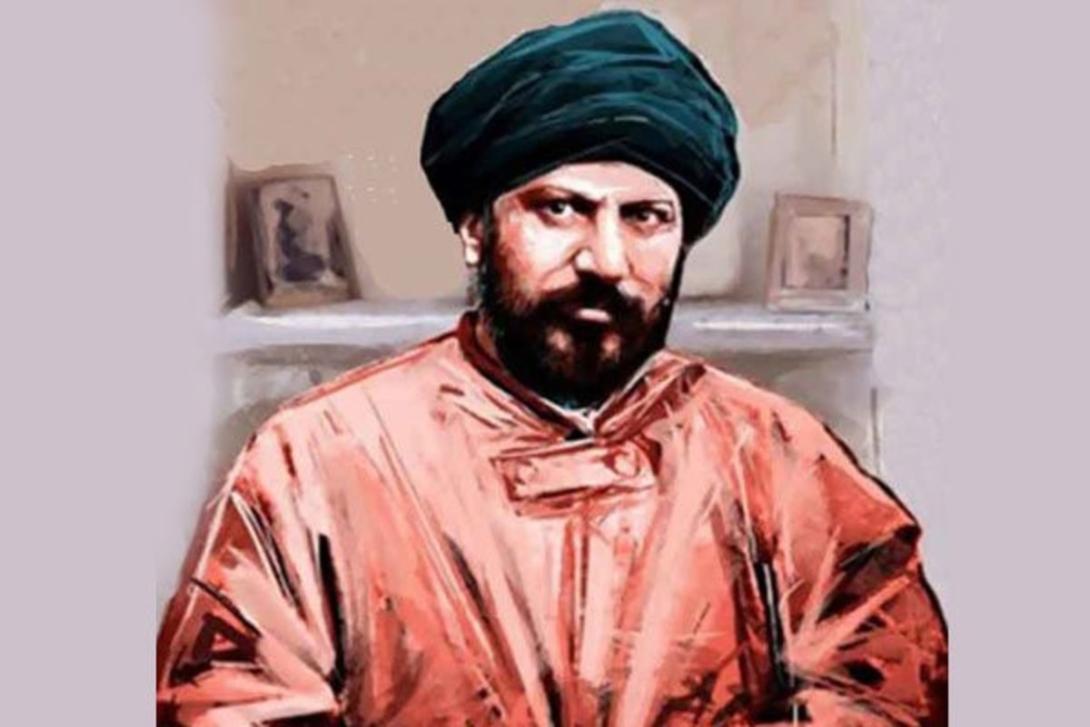
Introduction
The twentieth century witnessed a widespread Islamic revival, with independent Muslim states emerging and liberation movements taking root across the world. At the forefront of this revival was Syed Jamaluddin Afghani, a key figure who awakened the Muslim world from a long period of cultural lethargy and political subjugation. His relentless efforts played a significant role in laying the foundation for the liberation of Muslim nations, even though he did not live to see its full fruition.
Early Life and Education
- Birth and Lineage:
- Born in 1839 in Asadabad, Kabul district (though some claim Iran as his birthplace), Afghani hailed from the renowned tribe of Konar and was a descendant of the famous traditionist Imam Tirmizi.
- His father, Syed Safdar, was a notable scholar and social reformer in Afghanistan.
- Education:
- By the age of 18, Afghani had completed his education in various disciplines, including:
- Quran
- Hadith
- Tasawwuf
- Law
- Philosophy
- Chemistry
- Medicine
- After completing his education, he performed Hajj and spent a year in India, where he interacted with Muslim intellectuals in 1856, just before the outbreak of the First War of Independence in India in 1857.
- By the age of 18, Afghani had completed his education in various disciplines, including:
Tour of the Muslim World and Early Reform Work
- Condition of the Muslim World:
- During his travels, Afghani observed the Muslim world in a state of decline, divided and oppressed under imperialist powers and despotic rulers.
- Return to Afghanistan:
- Afghani returned to Afghanistan, where he mentored the crown prince, Muhammad Azam, hoping to instill reforms for the revival of Afghanistan and the broader Muslim world.
- When Muhammad Azam became Amir of Kabul, Afghani was appointed grand vazir, but tensions within the royal family led him to resign and leave the country.
Contributions to the Muslim World
- Egypt:
- In Egypt, Afghani lectured at Al-Azhar and inspired a group of young reformers, but his growing influence alarmed the monarchy, leading to his expulsion.
- Turkey:
- Afghani received a hero’s welcome in Turkey, but his activism again made him a target of the ruling elite, forcing him to leave.
- Paris and Al-Urwatul Wusqa:
- Afghani settled in Paris and launched the influential journal, Al-Urwatul Wusqa, with support from followers like Muhammad Abduh and Saad Zaghlool Pasha.
- The journal, first published in March 1884, played a significant role in awakening anti-imperialist sentiment in Muslim countries and encouraged nationalist movements.
- Russia, Iran, and Europe:
- Afghani’s political maneuvers extended to Russia and Iran, where he attempted to reshape the relationship between these countries and the Muslim world. However, he was thwarted by the betrayal of the Iranian monarch and had to leave Iran.
- He continued his activism in London, publishing Ziaul Khafeqeen, a journal through which he directed freedom movements in Iran and other Muslim countries.
The Final Years
- Return to Turkey:
- On the invitation of the Turkish Caliph, Afghani returned to Turkey but was soon imprisoned for refusing to align with the monarch's wishes.
- He was poisoned by Dr. Abul Huda and passed away on March 9, 1897.
Afghani's Mission
Jamaluddin Afghani’s mission was driven by an unwavering love for Islam and a vision to restore the Muslim world to its former glory. His primary objectives included:
- Unity of the Muslim World:
- Afghani believed the root cause of Muslim decline was disunity and internal strife. He advocated for the unification of Muslim countries under one banner to resist imperialism.
- Pan-Islamism:
- A staunch believer in pan-Islamism, Afghani called for collective security among Muslim nations, urging them to defend each other against external aggression.
- Anti-Imperialism and National Liberation:
- He encouraged not only Muslim countries but also other Asian nations to resist imperialism and fight for freedom. His activism in Egypt, Turkey, Afghanistan, and Iran laid the groundwork for future liberation movements.
- Islamic Democracy:
- Afghani championed the concept of Islamic democracy through the establishment of a consultative order (Shura-i-Nizam), calling for the participation of Muslims in decision-making and governance.
Legacy and Final Words
Jamaluddin Afghani did not live to witness the full emancipation of the Muslim world, but his contributions laid a strong foundation for it. His final message to the Muslim world serves as a call to action, urging Muslims to stand firm in their struggle for freedom and justice, with faith in Allah and confidence in the inevitable rise of liberty. His parting words reflect the essence of his mission:
"Nature is with you and Almighty Allah is supporting you... Never bow before odds!... Carry on the fight with firm conviction and robust determination!"
Key Takeaways
- Pioneer of Pan-Islamism: Afghani was the first to articulate a vision for uniting Muslim countries and resisting imperialist forces.
- Advocate for Islamic Democracy: He championed the establishment of a consultative order to enable collective decision-making among Muslims.
- Influence on Liberation Movements: Afghani's efforts and writings sparked anti-imperialist and nationalist movements across the Muslim world.
- Legacy of Islamic Revival: His mission for unity, freedom, and reform continues to resonate, making him a significant figure in the modern Islamic renaissance.
Jamaluddin Afghani’s words, actions, and legacy remain a beacon of inspiration for the Muslim world’s continued pursuit of unity, freedom, and justice.


